Energy Efficiency and Your New AC: Saving Money on Your Bills
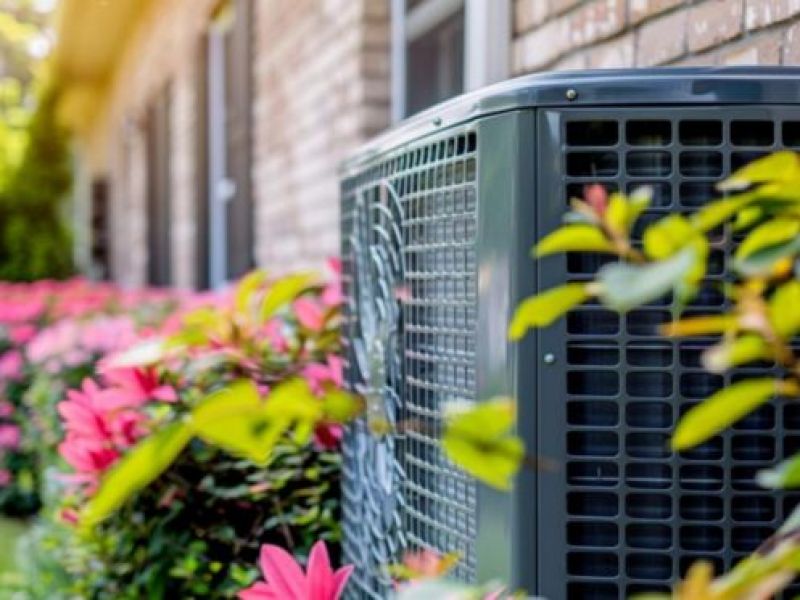
TL;DR: Enjoy a cool home and lower utility bills with an energy-efficient air conditioner. Understanding AC efficiency, measured by SEER and EER ratings, can lead to significant savings and reduced environmental impact. Regular maintenance, like changing filters and cleaning coils, is crucial for optimal performance. Schedule a consultation with Air Docs Heating & Cooling to assess and upgrade your system.
During the hot summer days, you enjoy a cool, comfortable haven inside your home thanks to your air conditioner. But the end of the month arrives, and you open your utility bill, expecting the worst. To your pleasant surprise, the bill is lower than ever before. How did this happen? The answer lies in energy efficiency and your new AC.
Air conditioning efficiency isn’t just about keeping your home cool. It has to do with achieving it so that you save money while you reduce your environmental impact. Whether you’re a new homeowner looking at saving money on your bills, understanding how to maximize your AC’s efficiency can make a significant difference.
Understanding Air Conditioning Efficiency
Efficiency is a top priority feature in air conditioning. Just as a car with better mileage uses less gas to travel the same distance, an efficient air conditioner uses less energy to keep your home cool. This efficiency can be measured using ratings like Seasonal Energy Efficiency Ratio (SEER ) or Energy Efficiency Ratio (EER).
What are SEER and EER?
SEER and EER are like report cards for your AC unit. They tell you how well your system converts energy into cooling power. A high SEER rating translates to optimal efficiency and significantly lower energy costs. For instance, if your current unit has a SEER rating of 10, upgrading to a unit with a SEER rating 16 can significantly cut your cooling costs.
Imagine driving a car that gets 10 miles per gallon versus one that gets 16 miles per gallon. The difference in fuel consumption over time is substantial. Similarly, a more efficient AC unit will consume less electricity, saving you money month after month.
As a homeowner, you might wonder why these ratings matter. The truth is they directly impact your wallet. An inefficient AC unit struggles to keep your home cool while running up your electricity bill. Over time, the savings from using a high-efficiency unit can add up, offsetting the initial investment in a new system.
How Efficiency Impacts Energy Consumption
An efficient AC system shouldn’t work extra hard only to maintain a temperature setting. This means it cycles on and off less frequently, which reduces wear and tear and extends the unit’s lifespan. Moreover, it maintains consistent cooling without the peaks and valleys of an inefficient system, providing a more comfortable living environment.
Picture this: two homes side by side. One has an old, inefficient air conditioner that runs constantly, struggling to keep up with the heat. The other has a modern, high-efficiency unit that cools the home effortlessly. The second homeowner enjoys a quieter, cooler home and pays less for their electricity each month.
You can achieve similar results by understanding and prioritizing air conditioning efficiency. Upgrading to a unit with a higher SEER or EER rating is an investment in comfort, savings, and the environment. In the following sections, we’ll delve deeper into choosing the right unit, maintaining it effectively, and using it smartly to maximize these benefits.
Regular Maintenance and Its Benefits
Your AC unit needs constant attention and maintenance to operate at peak capacity. Neglecting this aspect often results in much higher energy bills, more frequent breakdowns, and a shorter lifespan for your unit.
Regular maintenance keeps your AC running efficiently and sets up a comfortable home or work environment. A well-maintained unit helps you cool your space consistently, retaining air quality and saving you from expenses and lost time for frequent repairs by avoiding them altogether.
Simple tasks like changing filters and cleaning coils, along with professional servicing, can make a significant difference:
- Filter Changes: Just like a car’s engine needs clean oil to function properly, your AC unit needs a clean filter. A clogged filter forces your AC to struggle, reducing its efficiency and leading to a spike in energy consumption.
- Cleaning Coils: The coils in your AC unit help transfer heat. Over time, they can get dirty, reducing their ability to absorb and release heat and making your AC less efficient.
- Checking Refrigerant Levels: The refrigerant is integral in providing your AC unit with the means to cool your home. Low levels usually point to a leak, which also means decreased efficiency and potential damage the unit.
- Cost vs. Savings: The cost of regular maintenance is a fraction of the price of major repairs or a full system replacement. Investing in maintenance helps you reduce costs in the long run by enhancing efficiency and extending the unit’s life.
Enhancing Home Energy Efficiency
While optimizing your air conditioner is crucial, enhancing your overall home energy efficiency can further boost your savings. Think of it as fortifying your home against the heat, making it easier for your AC to maintain a comfortable temperature.
Create a more efficient home by improving the following:
- Insulation and Sealing Air Leaks: Insulation keeps cool air in and hot air out. First, identify potential leak spots, like windows, doors, or attic spaces. Then, try weather stripping, a foam sealant, or caulk, and close gaps to prevent air leaks.
- Energy-Efficient Windows and Doors: Energy-efficient doors and windows help reduce heat transfer, resulting in a cooler home. You want low-emissivity (Low-E) glass that reflects heat and UV rays for your windows.
- Improving Ventilation: Good ventilation helps remove heat and humidity, reduce the load on your AC, and improve indoor air quality. Consider a whole-house fan to improve ventilation and reduce AC usage.
- Using Ceiling Fans and Other Appliances Wisely: Ceiling fans help circulate air by creating an effect known as wind chill, which makes you feel cooler. Using appliances like ovens and dryers during cooler parts of the day can also help reduce the heat load on your home.
- Upgrading to Energy-Efficient Appliances: Energy-efficient appliances generate less heat and require less electricity, eventually reducing energy consumption. Energy-star-rated appliances should be your top priority.
These steps work together to create a cooler, more efficient home that reduces the workload on your air conditioner and saves you money.
Conclusion
Now that you have the knowledge and tools to enhance your air conditioning efficiency, it’s time to take action. Imagine opening your next utility bill and seeing a significant drop in costs. Picture your home staying cool and comfortable, even during the hottest days of summer, while still saving money on your bills!
Start by evaluating your current energy efficiency and your AC unit and thinking about a potential upgrade. Implement smart usage tips and schedule regular maintenance. Explore ways to improve your home’s overall energy efficiency and prepare for emergencies.
We encourage you to take a determined step towards a more efficient and comfortable home. Schedule a consultation with Air Docs Heating & Cooling today to get an assessment of your current system and discuss potential upgrades!
Other Blogs You May Be Interested In
Categories


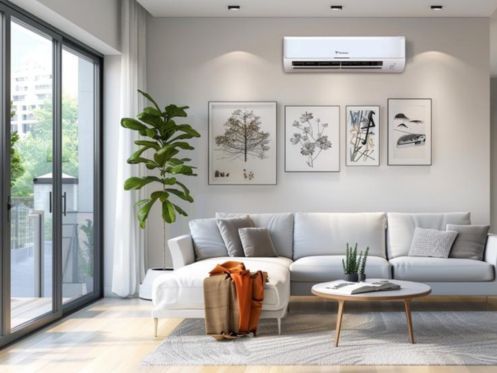


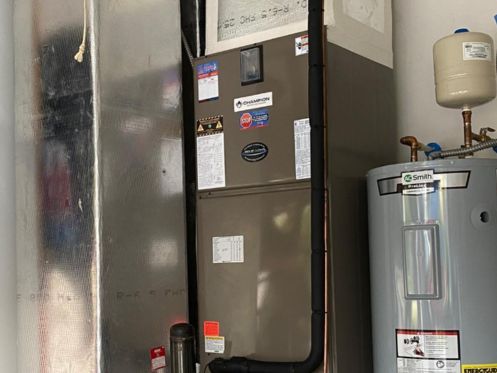
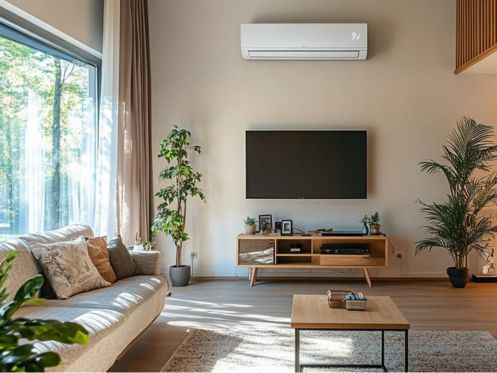
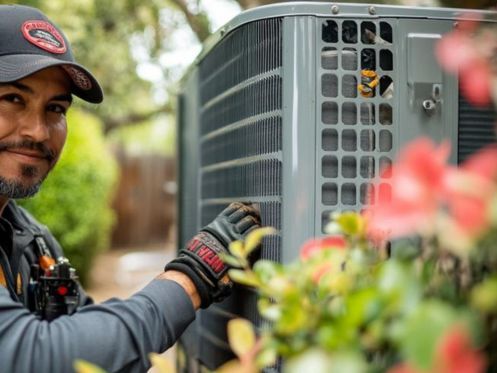
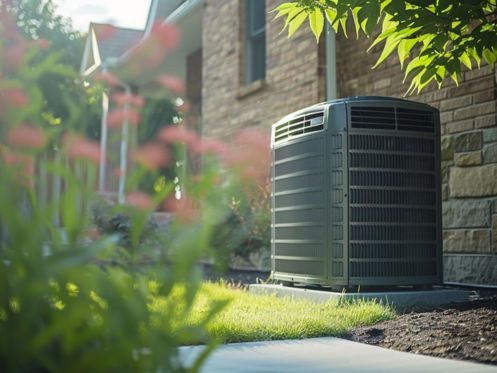
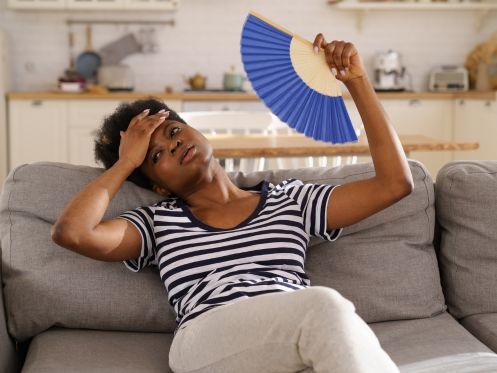
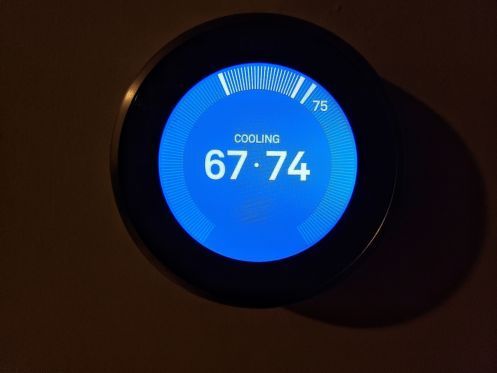
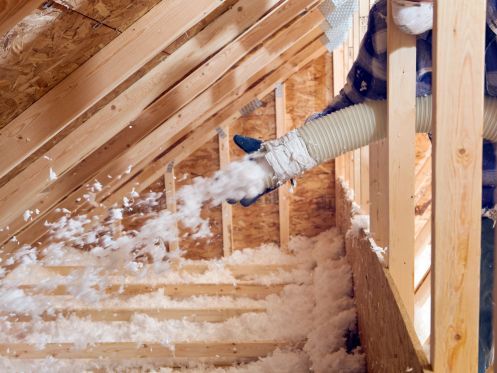
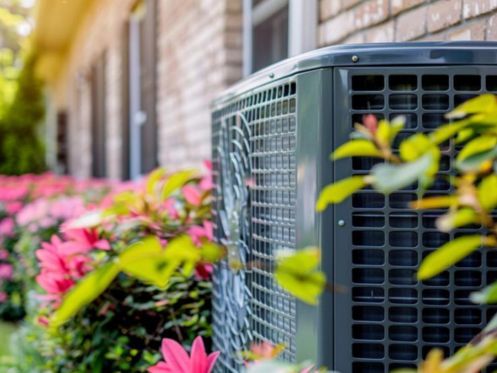
Leave a Reply